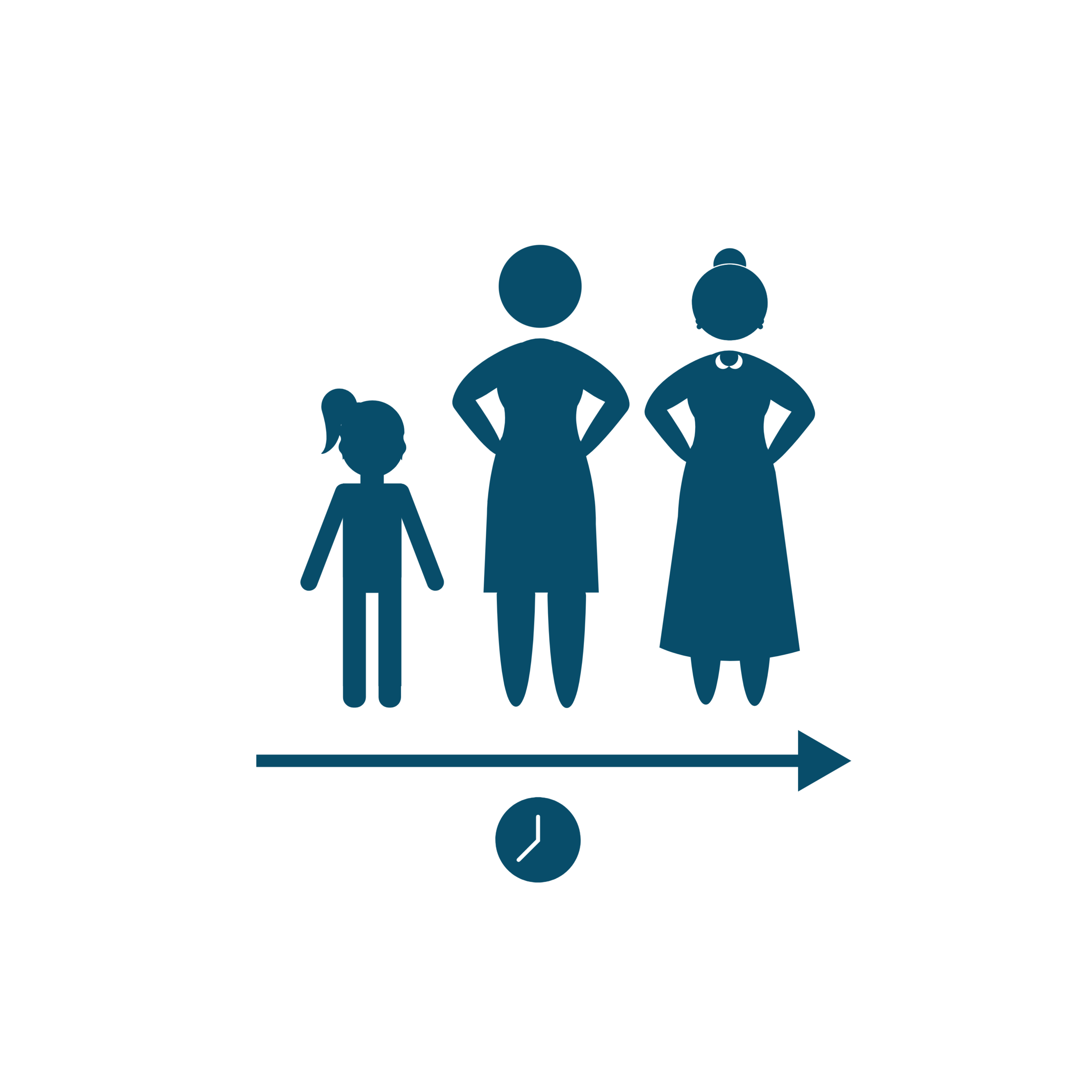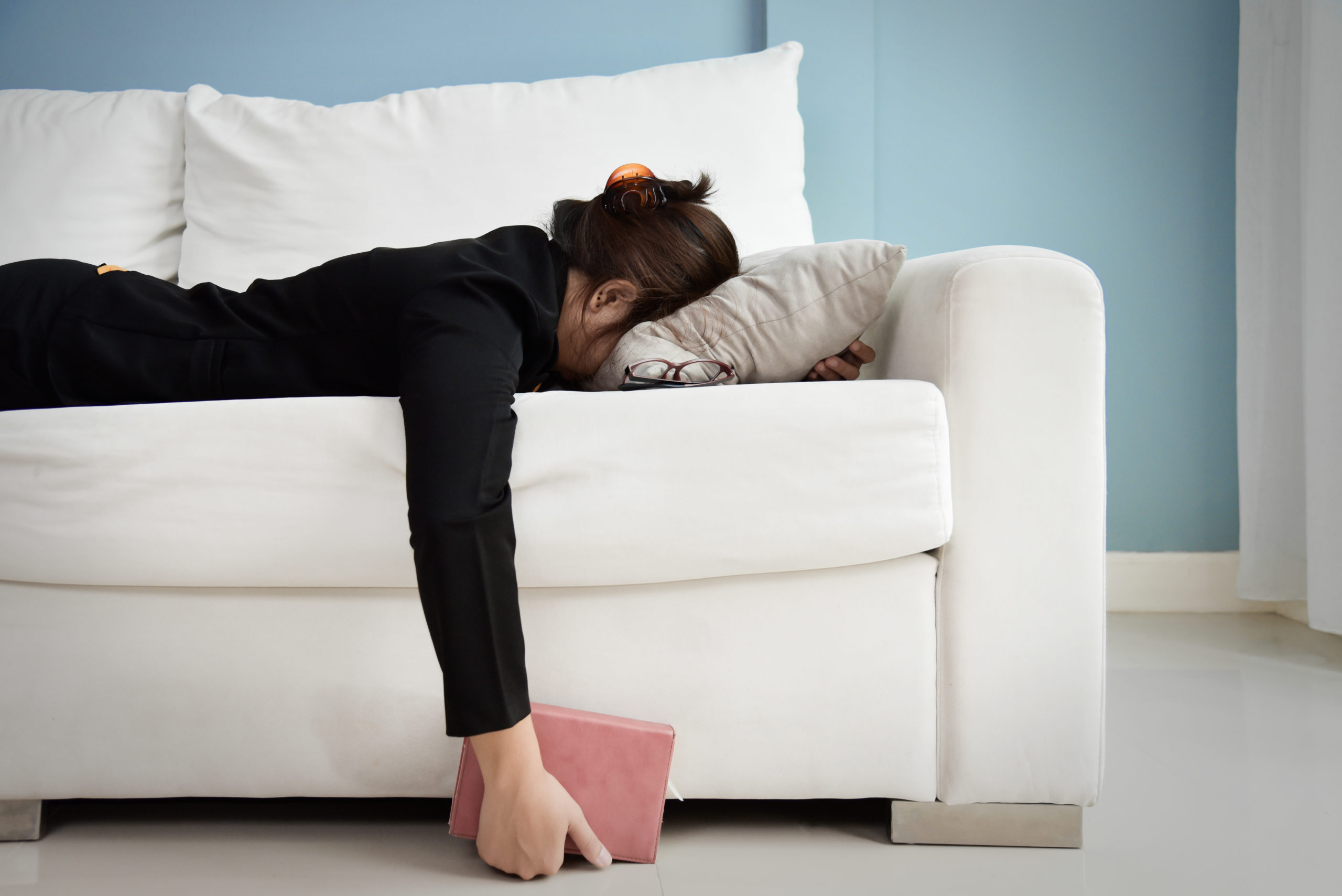I’m fat. That’s clear to me anytime I squeeze down a bus aisle. But my outward appearance is not the whole story.
In the past 18 months, I’ve cut drinking and junk food by 90 percent. I have made all my food from scratch, and moved to live by the ocean so I walk more. Yet menopause means my body is slow to reflect my massive life changes. Weight has been lost, around 40 pounds, but it’s far from enough.
My glacially-paced change constantly takes a toll on my mental health and self-esteem. I try to be proud of the headway I’ve made, but my inner voice chides me for not doing more, not being better.
Sadly, I’m not alone.
Ever since the tragedy of Karen Carpenter’s death in 1983, from heart complications of anorexia nervosa, there has been a public focus on girls, teens, and young women battling image issues and body dysphoria.
We now know that body image is an issue to women throughout our lives, and that the voice inside our heads grows unkinder through the years. In fact, in a study of 1,800 women over age 50, a whopping 79 percent said their body shape and/or weight affected their self-perception at least moderately, or worse. [1]
Feeling Shame in the Doctor’s Office
Recently, I had my first proper physical in years. Why it took so long is a complicated story involving living my long-term travel dreams and the self-neglect (and so much wine) that came with.
Upon turning 48, I booked a physical as a nod to a new, accountable chapter in my life. Naturally, I dreaded it.
When the appointment rolled around, my weight was the topic from the get-go. I got defensive from the start, thanks to my body dysphoria. But a doctor’s job is to break through those walls. He didn’t.
Then, despite several years and a hysterectomy since my last internal exam, Doc decided an internal check-up wasn’t needed. Even though it’s been years? Really?
Of course, my insecurities read that to mean that a thorough internal exam was an imposition, even a burden. Even though, in reality it’s just good medicine practiced by a good doctor. I didn’t protest, though. How am I, a female patient in the #MeToo era, supposed to demand the doctor probe me internally? Awkward.
That’s when self-advocacy starts feeling like desperation, not great when someone already feels like a medical burden.
I’m somewhat bitter, but it’s a mistake to think all medical gaslighting is malevolent. My doctor wasn’t trying to hurt me when he brought up the weight that is on my mind 24/7. I know he cares. In fact, I trust him as a person.
But I don’t trust the “clean bill of health” he gave me, because I never had an internal exam.
Gaslighting is Systemic, Not Personal
While my doctor didn’t intend to gaslight me by declining to examine me internally, that’s what he did. My concerns were dismissed. He took the easier route. This passive gaslighting in healthcare happens to women constantly. And it’s part of the reason women turn to alternative medicine, where they often feel ‘heard’ by their care provider, for answers.
Traditional western medicine is inherently biased towards men. Take heart attacks. Nearly every time a health site gives warning signs of heart attacks, the symptoms listed are those commonly experienced by men — not women. Our cardiac experiences differ. With heart disease alone, the leading cause of death in women, inherent medical biases can be and are frequently fatal and not mere oversights.
Medical research has predominantly been on white men, not people of diverse backgrounds, and certainly not women.
With female health concerns like menopause, priority has long been low for funding research to what ails us. We get rote answers and treatments. After all, it’s just hormones and it’s all in our head, right?
Symptoms like anxiety, sleeplessness, weight gain, mood fluctuations, mid-life acne, muscle or joint complaints, fatigue, and all the others beyond those, are easy to write off as lifestyle-related or due to hormones.
Write these symptoms off, doctors do. But these “symptoms” are also indicators of everything from menopause to serious illness.
Unfortunately, biases in healthcare are achieved honestly — they’re the legacy of a system that was created by men, for men, using research on men. Even female doctors have been guilty of unwittingly dismissing patients’ concerns, because that’s what they’ve been taught. It’s in the textbooks.
If you think you’re not being taken seriously by your doctor, you might very well be right. You are your best advocate. Play to your doctor’s inherent biases by becoming a scientist yourself. Pay attention to symptoms and thoroughly log what ails you — when, how, and any other details you feel are relevant. Be diligent in record-keeping, because you may be tracking factors that influence your diagnosis and care plan — plus, it can help get your doctor onboard.
There’s good news, though. Medical sciences are recognizing how gender-biased medical research and its practitioners have been, and they’re working on it.
The bad news is that it will take time before healthcare can change. Studies need to happen, books need to be written, curriculums need to change, and students need to graduate long before young new better-prepared doctors are staffing clinics and hospitals. Awareness is growing, but self-advocacy will remain necessary for years to come. Luckily, self-advocacy is easier than ever in the age of information, and Herstasis will be here to help.




